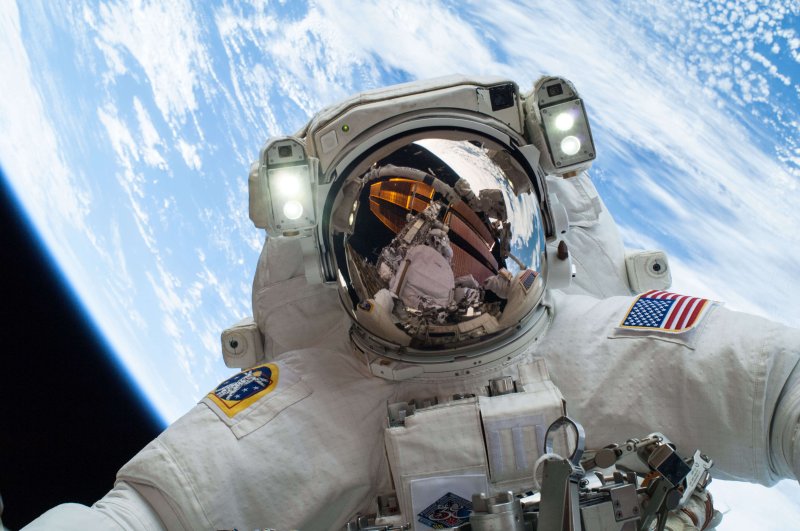In a NASA-funded study published on [November 1], Dr. Donna Roberts of the Medical University of South Carolina and her colleagues therefore compared before- and after-mission MRIs of 34 astronauts, 18 who spent months on the International Space Station (average voyage: 165 days) and 16 who had shorter jaunts (14 days, on average, on the space shuttle). Both groups were roughly the same age and had comparable flight experience. Among the findings: Without gravity to pull the brain toward its owner’s feet, it shifts toward the top of the skull.
…
The brain’s upward shift can increase pressure on the optic disk, the point on the optic nerve where it leaves the retina and enters the brain, leading to swelling and, according to previous research on hundreds of U.S. astronauts, damaging vision, sometimes permanently. Three of the Space Station astronauts in Roberts’s study had swelling of the optic disk, and all three of them had narrowing of the central sulcus.
…
Although disturbances in the flow of [cerebrospinal fluid] have been linked to Alzheimer’s disease, multiple sclerosis, and other brain disorders, it’s not clear if that’s cause or effect. But since a mission to Mars would cause about two years worth of brain squashing, it would be useful to know.
The GLP aggregated and excerpted this blog/article to reflect the diversity of news, opinion, and analysis. Read full, original post: Squashed in space: Study identifies changes in astronauts’ brains































